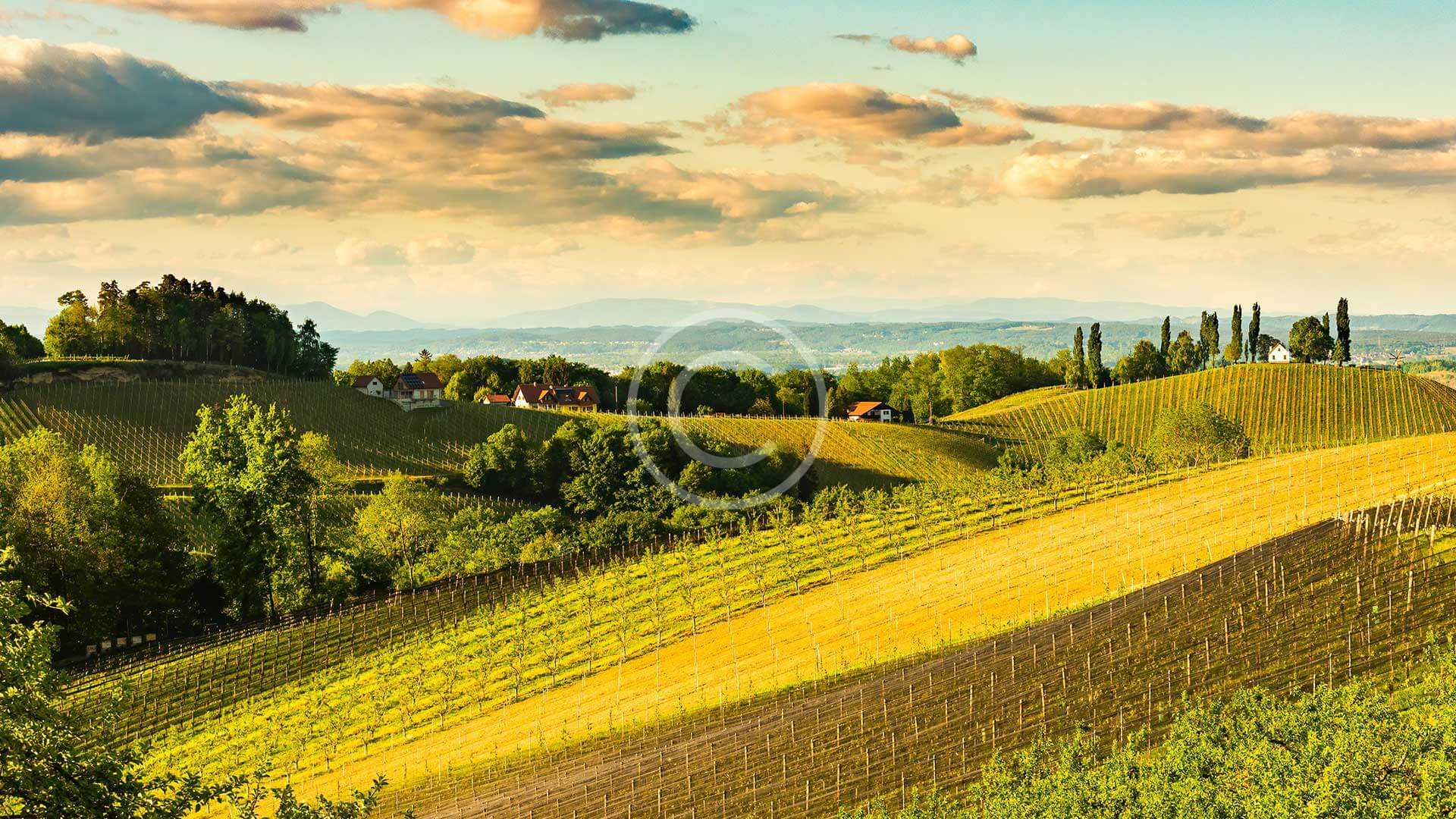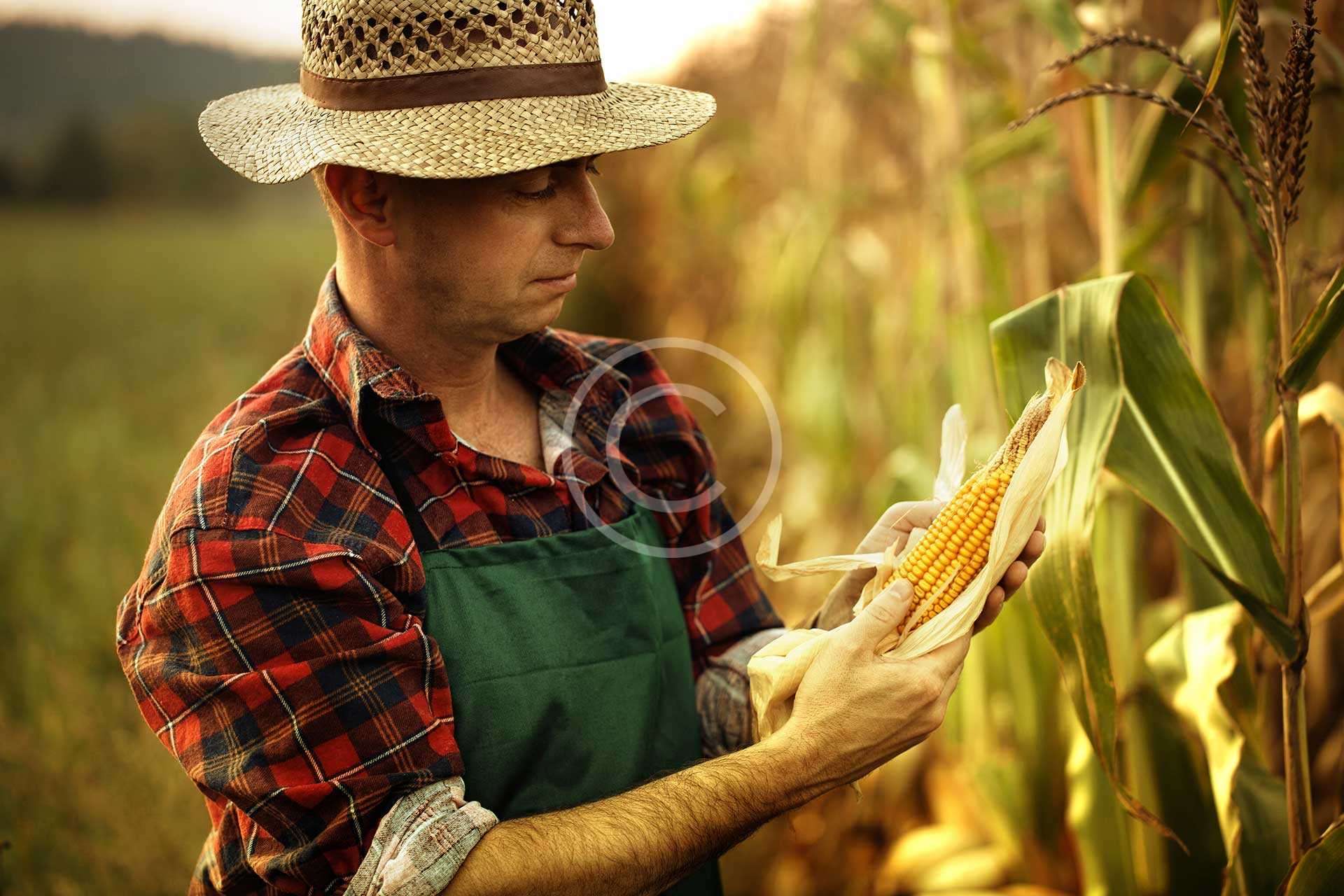Introduction:
In an era where technology is revolutionizing agriculture, farm management software has become an indispensable tool for modern farmers. These platforms offer a plethora of features designed to streamline operations, enhance efficiency, and provide valuable insights for informed decision-making. However, with the multitude of options available, choosing the right farm management software can be a daunting task. In this article, we will explore key considerations to guide farmers in selecting the software that best suits their unique needs.
Identify Your Farm’s Specific Needs:
Before delving into the sea of available software options, it’s crucial to identify the specific needs of your farm. Different farms have different requirements based on factors such as size, type of crops or livestock, and the complexity of operations. Make a comprehensive list of the tasks and processes you wish to streamline, whether it’s crop planning, inventory management, financial tracking, or equipment maintenance. This clarity will serve as a foundation for selecting software that aligns with your farm’s objectives.



User-Friendly Interface and Accessibility:
Farm management software should simplify, not complicate, daily operations. Opt for platforms with user-friendly interfaces that facilitate easy navigation and quick adoption by your team. Accessibility is another key factor; choose software that can be accessed across devices and platforms, ensuring that information is available when and where it’s needed. Mobile compatibility is particularly important for farmers who spend a significant amount of time in the field, allowing them to manage operations on the go.
Integration Capabilities:
Seamless integration with existing systems is essential for maximizing the benefits of farm management software. Look for platforms that can integrate with other agricultural technologies, sensors, or equipment you may already be using. This integration streamlines data flow and eliminates the need for manual data entry, reducing the risk of errors and enhancing overall efficiency. Compatibility with accounting software, weather data sources, and precision agriculture tools can significantly enhance the software’s utility.
Scalability and Customization:
A successful farm management software should grow with your farm. Choose a platform that is scalable, accommodating the evolving needs of your operation as it expands. Additionally, customization options are valuable; the ability to tailor the software to match your specific workflows ensures a more seamless integration into your daily operations. Whether you’re a small family farm or a large-scale operation, scalability and customization are key considerations in future-proofing your investment.
Data Security and Privacy:
Farm management software deals with sensitive data, including crop yields, financial records, and operational insights. Prioritize platforms that prioritize robust security measures and adhere to data privacy regulations. Look for features such as encrypted data transmission, secure cloud storage, and user access controls to safeguard your farm’s information from potential cyber threats.
Conclusion:
Choosing the right farm management software is a strategic decision that can significantly impact the efficiency and success of your farming operation. By identifying your farm’s specific needs, prioritizing user-friendly interfaces and accessibility, considering integration capabilities, ensuring scalability and customization options, and prioritizing data security and privacy, you can make an informed decision that aligns with your farm’s goals. Embracing technology in farm management is not just a trend; it’s a transformative step towards a more streamlined, efficient, and sustainable future for agriculture.




